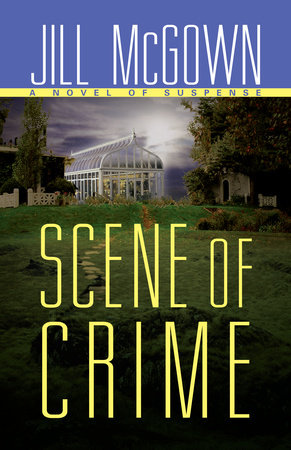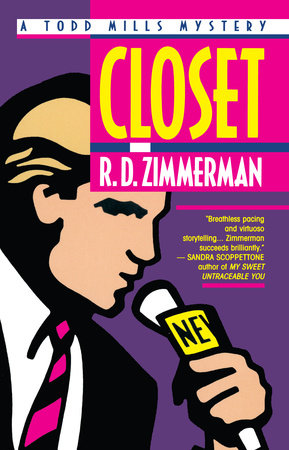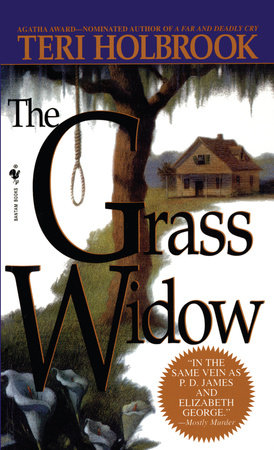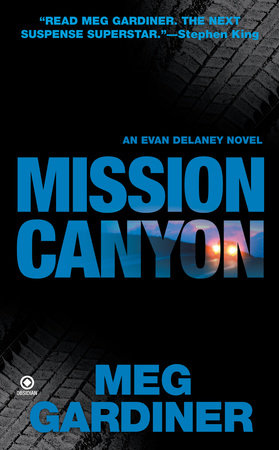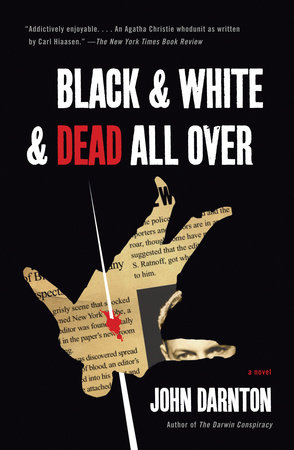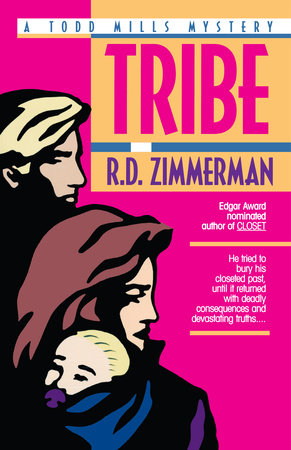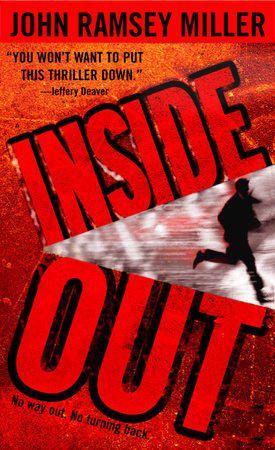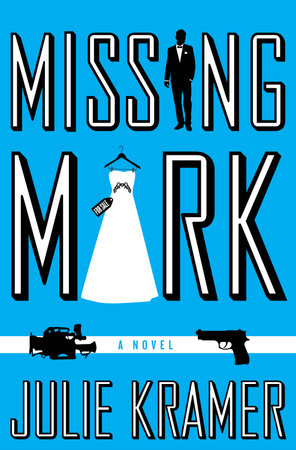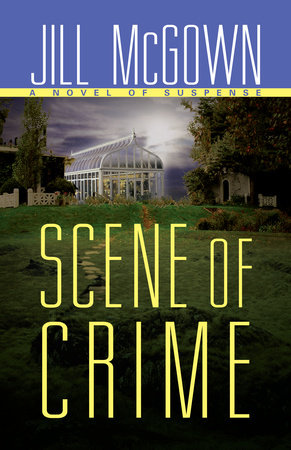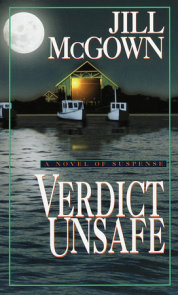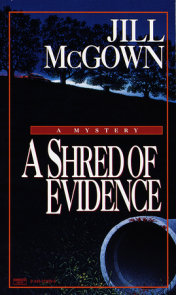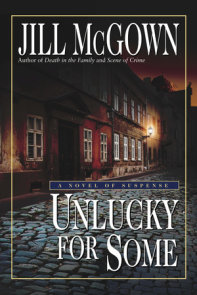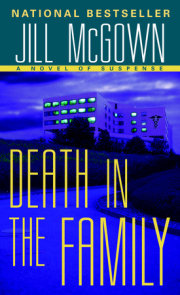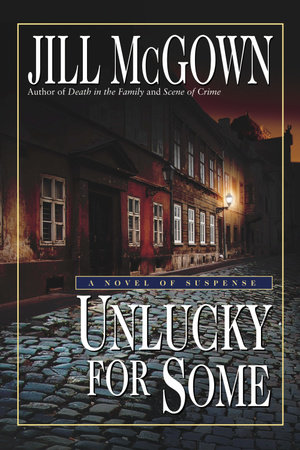Author Q&A
IN CONVERSATION . . .
JILL McGOWN AND LLOYD AND HILL
JILL: What made the two of you become police officers, and what would you be doing now if you hadn’t?
LLOYD: A man called Jack Woodford–he’s the reason I became a police officer. I could have gone to university, but I wanted to start earning money. I did a few clerical jobs, none of which suited me; and Jack, who was a police sergeant, said I couldn’t stick with anything–bet me that I wouldn’t last five minutes as a policeman. He was something of a psychologist. I’d have ended up teaching, probably.
JILL: And you, Judy?
JUDY: I grew up in a university. Well, not exactly in one, but very closely attached to one. My father was a lecturer. But I’ve never been academic, despite that. I did quite well at school, but I never wanted to study anything in depth. It seemed to me that the police offered a good career with prospects, and you didn’t have to sit exams. I’ve no idea what I’d be doing. I never wanted to be an air hostess or a model or anything. Girly jobs weren’t for me.
JILL: Speaking of girly jobs, have you encountered sexism in the police?
JUDY: Yes, because despite all the legislation, sexism comes down from the top; sometimes it’s even well-intentioned. Not putting women in the front line, that sort of thing. I try not to take offense when there’s none meant, but I give as good as I get when there is. There is a glass ceiling, though some women have broken through, even in CID. I’ve been lucky so far.
LLOYD: She means, we’ve got a trendy cop at the top. Unless he just fancies her, of course. . . .
JILL: Now that you are in the front line, does the job ever give you nightmares?
JUDY: Once, yes. When a friend of mine was the victim.
LLOYD: That was probably the most difficult case that either of us had to deal with. But then, we weren’t working together, not really. We work best together, I think.
JILL: Do you believe that a relationship between close colleagues is a good idea?
JUDY: Yes, if you’re talking about Lloyd and I, because we know each other very well and that can really help, especially when you’re interviewing someone. You know when to butt in and when to butt out. And we’ve always tried to leave any differences at home.
LLOYD: Whose home? Yours or mine? And it’s Lloyd and me. Even though we do work well together, I wouldn’t recommend working with your partner, not really. I find it hard to shut off my feelings just because we’re at work.
JUDY: And I don’t? Just because I actually stick to the agreement to keep our private and professional lives separate doesn’t mean it’s easy. And stop correcting my grammar.
JILL: Do your colleagues know about your relationship?
JUDY: It’s an open secret, because gossip gets round a police station faster than the speed of light, but no one knows officially, not even now. They know I’m pregnant, and they can guess who to, but it’s none of their business. I don’t know when we’ll make it official, if at all. In any event, I intend to carry on working.
JILL: What are your professional ambitions?
JUDY: I’m not sure. I think this is probably as far as I want to go rankwise. In a way, I miss being at the sharp end, actually walking down the street in a uniform. But it’s nice being able to do things your way, and there’s more scope for that in the higher ranks, obviously.
LLOYD: Ignore her. Show her a promotion and she jumps at it, then worries herself sick that she won’t come up to scratch. My ambition is to retire. I might be offered early retirement when Judy comes back to Stansfield, and I’ll take it if I am because Judy has promised to marry me when I retire. But I’m not at all sure what I’d do with myself. I might write. I think I could write good detective novels. I don’t fancy being a house husband.
JUDY: I said I’d marry you. I didn’t say I’d move in with you.
LLOYD: She always leaves herself an out.
JILL: Why are you so reluctant to commit fully to Lloyd?
JUDY: I am totally committed to Lloyd, and he knows that. But I suppose the idea of actually setting up home with him scares me. That’s why I stayed married to Michael for so long. I knew where I was with him. Lloyd tells me what I want to hear, not what he really thinks, and that bothers me. And at the moment, we don’t know where I’ll be working, or even if I’ll be working. We don’t know if Lloyd will be offered early retirement. It would be silly to make any hard and fast plans until we do.
LLOYD: See what I have to put up with? She calls that total commitment.
JILL: How long are you prepared to wait, Lloyd?
LLOYD: I don’t honestly see myself as waiting. This is how it is. I might have an unfortunate tendency towards male chauvinism, but I’m not a reactionary–the conventional family setup isn’t the only one that works. If anything, my son and daughter have a more extensive family network to fall back on than they would have had if Barbara and I had stayed together. My daughter was dubious of Judy at first, but they get on well now, and she lived with Judy’s parents when she first went to London. I don’t think this baby will want for love or protection whatever happens, whether or not his or her parents live together.
JUDY: That’s not what you said last night.
LLOYD: No, but it’s what you said. So I might as well agree and save time.
JUDY: See what I mean?
Author’s note: Shelley Greenwood has known both Lloyd and Judy Hill for some time and was thus granted an exclusive interview at which I was present merely as note-taker. The answers, I’m pleased to say, were as frank as the questions were candid. And I hereby acknowledge Shelley with thanks.
